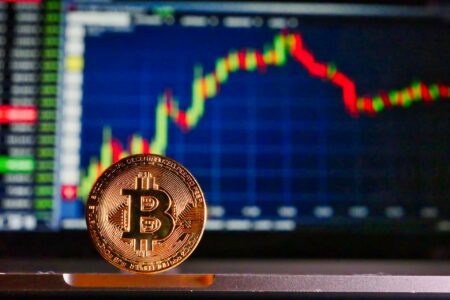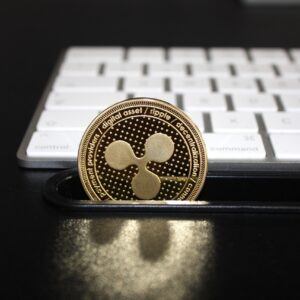Standards of security, cold wallet storage, and know-your-customer (KYC) implementation are subject to a wide variance across centralized cryptoasset exchanges, a new report from data provider CryptoCompare has concluded. CryptoCompare surveyed the top 100 exchanges by trading volume, in order to glean broad trends among exchanges.
Cold Wallets
A key finding of the report is the low overall prevalence of cold wallet usage – cold wallets being disconnected from the Internet when their funds are not being actively traded. Only 32% of the top 100 exchanges claim to store the vast majority of users’ funds – at least 90% – in cold wallets, with a further twelve percent claiming to store a majority – at least 50% – in cold wallets, and nine percent claiming less than 50%.
An alarming 47% of the top exchanges do not detail their storage conventions, according to CryptoCompare. Since the usage of cold storage wallets is a major selling point for users trading on a centralized exchange, which no exchange should hesitate to advertise, it is not unreasonable to fear the worst for these 47% – half of the top 100 – not reporting any cold wallet usage.

The report revealed little correlation between exchanges’ cold wallet usage, and the jurisdiction of their legal registrations.
For example, the six exchanges with the highest reported percentage of cold wallet storage, itBit, Coinroom, Coinfloor, Bitfinex, Huobi Pro, and Coinbase, were registered in the U.S., Poland, the U.K., the British Virgin Islands, the Seychelles islands, and again the U.S., respectively. Almost none of the exchanges listed as having high cold wallet usage, with the exception of Bitfinex, were among the highest trading volume exchanges.
A helpful cross-reference for this observation is the New York Office of the Attorney General’s (OAG) recent audit of cryptoasset exchanges, which found only a small variance of cold-wallet standards among eight U.S.-registered exchanges that it surveyed, namely a high standard with “most participating platforms purport[ing] to keep a high percentage of the virtual currency in their possession in so-called ‘cold storage.’” These figures could perhaps suggest a somewhat higher standard of storage for U.S.-based exchanges.
Underlining the importance of cold wallets, eleven percent of top 100 exchanges have been hacked in the past. CryptoCompare reported that nearly 75% of exchanges require at least some KYC information from customers, while fully a quarter require no KYC.
Trade volumes
With respect to trading volume, CryptoCompare found that an inordinate amount of the trading volume goes through Malta-, Hong Kong- and South Korea-registered exchanges – in the case of Hong Kong, not even a completely sovereign nation but a “Special Administrative Region” of China. By far the most trading volume comes from Binance and OKEx, both registered in the small Mediterranean island nation of Malta, a member of the European Union and within the Schengen border zone.
The jurisdictions hosting the highest number of exchanges, the U.S. and U.K. both registering eight, see strikingly minimal amounts of trading volume pass through their borders. CryptoCompare calculated $366 and $137 million cumulative average daily trading volume, on all the exchanges in their respective countries – a total of $503 million on sixteen exchanges – versus $1.38 billion daily on just two Malta-registered exchanges.
The OAG report is again helpful in this case, as the single largest exchange examined by CryptoCompare, Malta-based Binance, declined the New York law enforcement office’s request to furnish information regarding its practices and standards. Two out of four of the highest-volume jurisdictions are small island nations with liberal cryptoasset regulations, and one is the city-state Hong Kong.

A clear preference for fast-moving, liberal, and “creative” regulatory regimes is evident for the high-volume exchanges. Given, as the OAG has noted, exchanges’ propensities to “[move] their operations with little or no warning,” a competitive atmosphere could be fostered to offer the most flexible and accommodating regulatory regimes, to cryptoasset exchanges searching for their next home.









